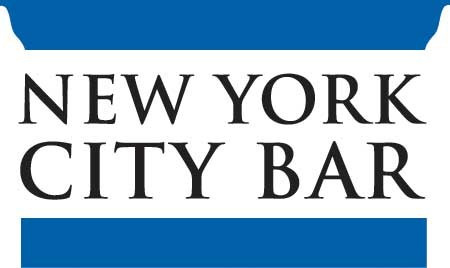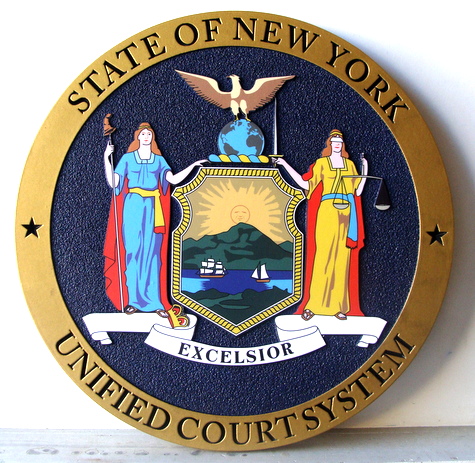- DWI CHARGES
- ASSAULT CHARGES
- JUVENILE CHARGES
- ORDERS OF PROTECTION
- ACS CASES
- DRUG CHARGES
- ROBBERY CHARGES
- DOMESTIC VIOLENCE
- CHILD ABUSE CHARGES
- SEX CRIMES
- GRAND JURY
- ARRAIGNMENTS
- BURGLARY CHARGES
- GUN CHARGES
- PAROLE VIOLATIONS
- PROBATION VIOLATIONS
- WARRANTS
- SITEMAP


GRAND JURY LAWYER IN NEW YORK CITY
917-519-8417
A grand juror performs an important duty to the public. He/she is a member of a body of men/women who stand between the people of the State and one accused of a crime. No person can be put on trial for a crime prosecuted in the Supreme or County Court until after a grand jury has found a bill of indictment (an accusation in writing found and presented by a grand jury, charging that a person therein named has done some act, or been guilty of some omission which, by law, is a crime).
If you have questions regarding your duties and responsibilities as a grand juror. The following information may help you prepare for your next jury service. However, the following information is not to replace the instructions given by the Judge or the Commissioner of Jurors office within your county.
Summons: Approximately 2-3 weeks prior to your grand jury service, you will receive a summons for a specific grand jury term. Please read all instructions carefully.
The summons will provide you with detailed information regarding your length and frequency of service. The usual reporting time for grand jury service is 9:00 a.m. and dismissal times vary according to court activity but usually no later than 5:00 p.m.
All grand jurors must report as instructed on the summons for the empanelment process. During this process, you will be greeted by a representative from the Commissioner of Jurors office, District Attorney's office, and the Judge assigned to that term and provided with specific information regarding your duties and responsibilities as a grand juror.
Length of Service: The term of grand jury service varies dramatically throughout the 62 counties of New York State. There is great diversity among the counties in the length (availability) and frequency of the grand jury term of service.
The terms usually require you to appear one or two days per week for two or three month terms, unless extended or terminated sooner by an Administrative Order.
Role: A grand jury is composed of not less than 16 and not more than 23 members empanelled by the court. They are given the function of hearing and examining evidence concerning possible offenses, then decide if it rises to a level sufficient to indict (bring a criminal charge against) a person or corporation.
The grand jury does not decide the guilt or innocence of the accused; rather, it decides if there is probable cause to bring the accused to trial. Thus, the grand jury's work is a pre-trial function of the court.
The presence of at least 16 members is necessary for the transaction of any business (quorum) and an indictment, cannot be found, without the concurrence of at least twelve grand jurors.
When so found, the indictment must be endorsed, a "true bill", and the endorsement must be signed by the foreperson of the grand jury, or by the grand juror designated to act as foreperson during the temporary absence or disability of the foreperson.
When not found, where the evidence is insufficient to support any criminal charge, the grand jury may dismiss it and return a "no bill" of indictment.
Responsibilities: Every member of the grand jury must keep secret, whatever he himself, or any other grand juror, may have said or in what manner he, or any other grand juror, may have voted on a matter before them.
The obligation to secrecy, as to the acts of the grand jury to which they belong, attaches at the moment when the oath is taken, and remains binding always and everywhere, unless a court of justice requires some disclosure.
The reasons for the principle of secrecy are:
1. that the utmost freedom of disclosure of alleged crimes and offenses may be secured;
2. that the fact may be concealed that an indictment has been found against a party, in order to avoid the danger of his/her escape before the presentment is made; and
3. that perjury and subornation of perjury may be prevented by withholding knowledge of the facts testified to before the grand jury, which if known, it would be the interest of the accused, or their confederates, to attempt to disprove by procuring false testimony.
Appointments: From the persons empanelled to serve as grand jurors, and appearing, the court must appoint a foreperson, and a person to act as foreperson during the temporary absence or disability to act of the foreperson.
In general, the jury foreperson supervises the order and flow of business in the grand jury. After the appointment, grand juror foreperson and assistant will be given additional instructions from the court as to their role and responsibilities.
The grand jury must appoint one of their members, by a majority vote, as a clerk, who is to preserve minutes of their proceedings and of the evidence given before them.
Also, it is his/her duty to keep a record at each session of the number of grand jurors in attendance, and the number voting for and against each bill (except the individual votes of members on a presentment or indictment), together with the name of the offense found.
He/she should see to it that his/her records are preserved, in case a question should arise as to whether the requisite number 16 were in attendance, or as to whether the legal number 12 voted to find a true bill.
Legal Advisor: The district attorney is the legal advisor of the grand jury. He/she will always be prepared to attend them to explain the law in any case when they require it, but he/she should not and will not express any opinion as to the facts, unless as to the legal effect of the testimony.
It is the legal advisor's duty to prepare the indictments ordered by the grand jury. But in no case may he/she be present when any vote is taken upon any case. The district attorney's duty is to advise as to the law, and that of the grand jury to determine the facts, and when this distinction is thoroughly recognized and observed there can be no conflict of authority or disagreement between them.
The grand jury may also apply to the court (Judge) for instruction as to the law, if they desire, but in no case should they seek or permit any legal advise from any other source than the district attorney or the court.
